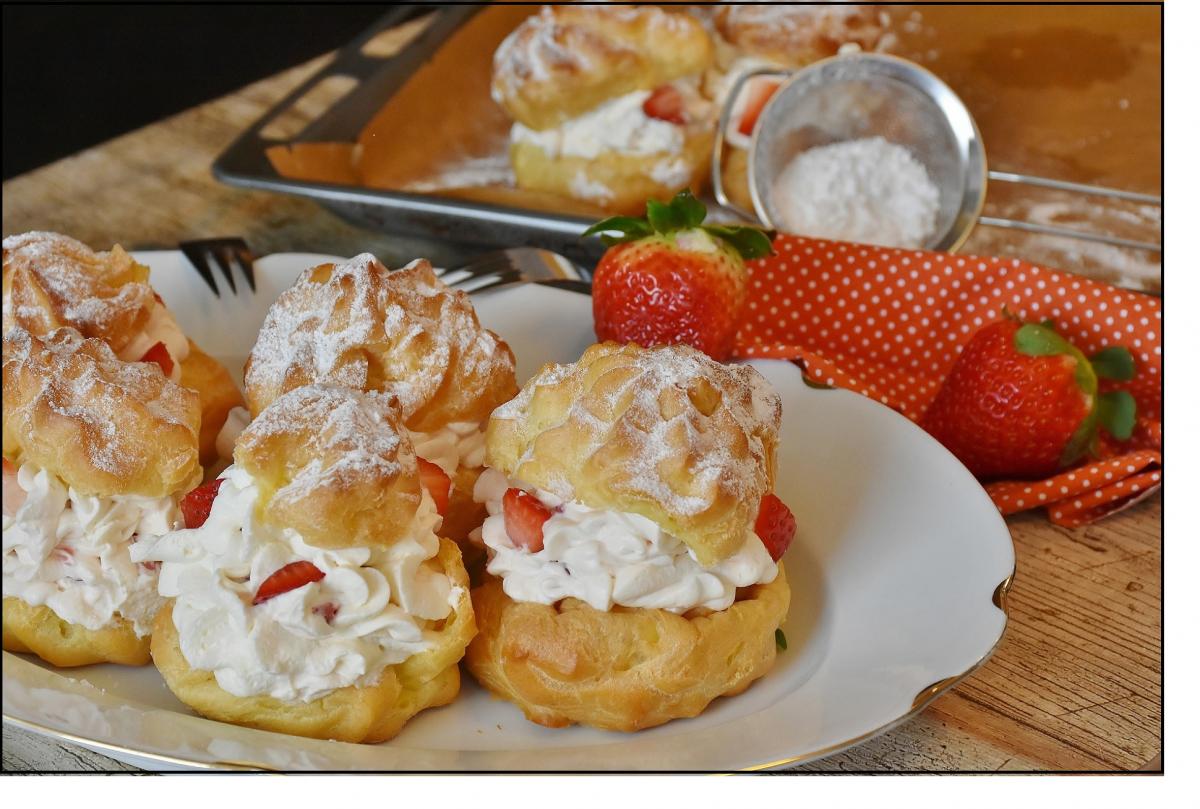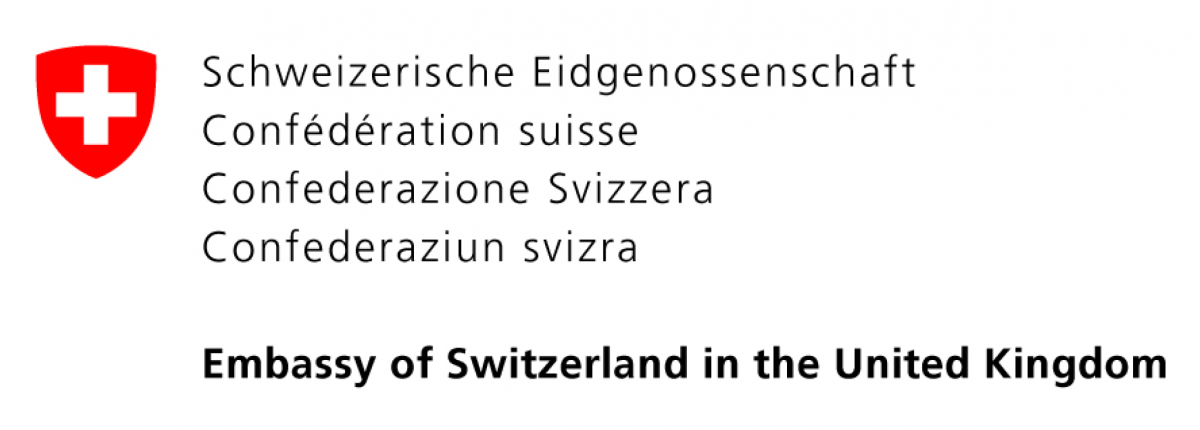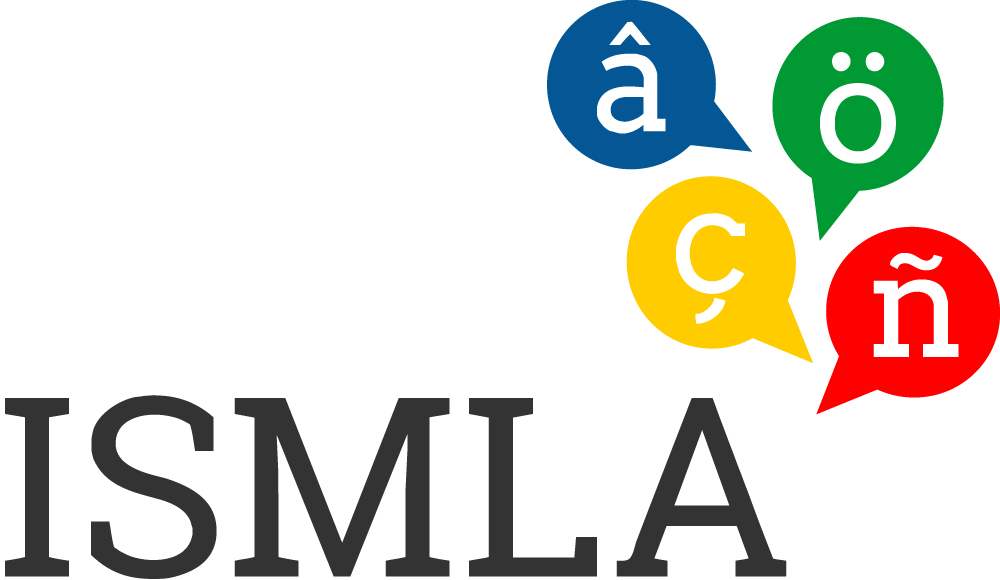Oxford German Olympiad 2023:
KOCHKUNST - BACKLUST - ESSKULTUR
The Art of Cooking, Joy of Baking and Culture of Eating
Welcome to our 11th Oxford German Olympiad! The Results are in!
TAKE A LOOK AT THE WINNING ENTRIES HERE!
Closing date for all entries was Thursday 9 March 2023, at 12 noon.
Download the full competition details and guidelines here.
 Please note:
Please note:
- All entries must be submitted via the online entry form.
- Each participant may only enter for one task within their age group as an INDIVIDUAL entrant. We will only accept group entries (2-4 participants) for the "Open Competition for Groups" category.
- We require a consent form for under-13 participants. Click here to download the form.
Inspiration
Click here for some of our thoughts and ideas about this year's tasks.
The Competition Tasks
Choose one of the tasks appropriate for your age group.
All tasks to be completed in German, unless indicated otherwise.
Years 5 and 6 (age 9-11):
-
Create an illustrated menu for a German, Austrian or Swiss restaurant and include the names of 10 different dishes.
-
You are a famous Konditor (pastry chef) in Vienna. Design a showpiece cake for the Wiener Opernball gala dinner and give your drawing or painting 15 labels.
-
Draw a landscape (e.g. forest, mountains, meadows) in a German, Austrian or Swiss location with plants that grow there and that can be used for food. Name the landscape and the region it is in, and give each plant a label.
Years 7 to 9 (age 11-14):
-
Write about a day in your life as an apprentice chef in a busy Berlin hotel kitchen.
-
Create a short video instructing viewers how to cook a German, Austrian or Swiss dish of your choice.
-
Listen to the Austrian poet Ernst Jandl reading his poem “Auf dem Land”, https://www.lyrikline.org/de/gedichte/auf-dem-land-1237, and work out what animals and insects feature in it. Draw and label them, add a traditional Austrian recipe that relies on one of the animals/insects, and also include a vegetarian or vegan alternative recipe.
Years 10 and 11 (age 14-16):
-
Write a story about two children from different cultural backgrounds becoming friends through food.
-
Create an online exhibition about various kinds of bread in German-speaking countries, including captions with information about the name, ingredients and how it is made.
-
“Was essen wir im Jahr 2100?” Give a video presentation on the topic.
Years 12 and 13 (age 16-18):
-
Create a brochure or website for a food project linking different communities within a German-speaking country.
-
“Wie sichern wir eine nachhaltige Zukunft für unsere Nahrung?” Plan a conference on food sustainability for 16-18 year olds including the advertisement and programme with keynote lectures and topics for roundtable discussion sessions.
-
Research the food culture of a society anywhere in the world in a period before 1800 and write EITHER an essay about it OR a story about that period in which food plays a part.
Open Competition for Groups or Classes (2-4 participants):
-
Create a humorous video sketch featuring food.
-
Develop an action plan for a crisis such as a natural disaster or war in which there is a sudden food shortage. Define the nature of the crisis in the headline and present the action plan in an impactful social media post for the local population.
-
Organise a German bake-off in your school and create a video of the competition highlights.
Discover German - Taster Competition (for participants with no prior experience of studying German)
Years 5 and 6: You’re about to open a restaurant in a German, Austrian or Swiss city. Draw 15 items you will need (e.g. table, glass, knife, pepper mill) and label them in German.
Years 7 to 9: Find a traditional recipe for Rouladen, Käsekuchen or Schwarzwälder Kirschtorte. Choose one of them and produce a list of 7–12 ingredients. Then create a list of alternative ingredients that would make the dish suitable for a vegan, and present your two lists attractively with a drawing or painting of the dish.
Years 10 and 11: Create a crossword puzzle or game that includes the names of 15 vegetables and/or fruits.
Years 12 and 13: German loves building words from other words! Research and list words that are related to the verbs kochen and backen in terms of word formation, in the way that e.g. essbar (edible) or Essenszeit (eating time) are related to the verb essen. Give one translation for each word you find (the translation may consist of more than one word).

The Oxford German Network is grateful for the support of the following:
Founding Partners:
Jesus College, Oxford
Bodleian Libraries, University of Oxford
Magdalen College School, Oxford
BMW Group Plant Oxford
Patrons:
Ferreras Willetts Family
Donor of the German Classic Prize: Jonathan Gaisman QC
The Oxford German Network gratefully acknowledges
the generous support of ALL and ISMLA to the Oxford German Olympiad
Additional prizes have been generously donated by the following:
Austrian Cultural Forum London
Blackwell UK Ltd.
British-German Association
Camden House (Boydell & Brewer)
Embassy of Switzerland in the United Kingdom
German Embassy London
Goethe Institut, London
Oxford-Bonn Link
Oxford University Press
Penguin Books
White Rose Project
The Oxford German Network would like to thank the Bodleian Libraries for permission to use the Blackwell Hall in the Weston Library.











